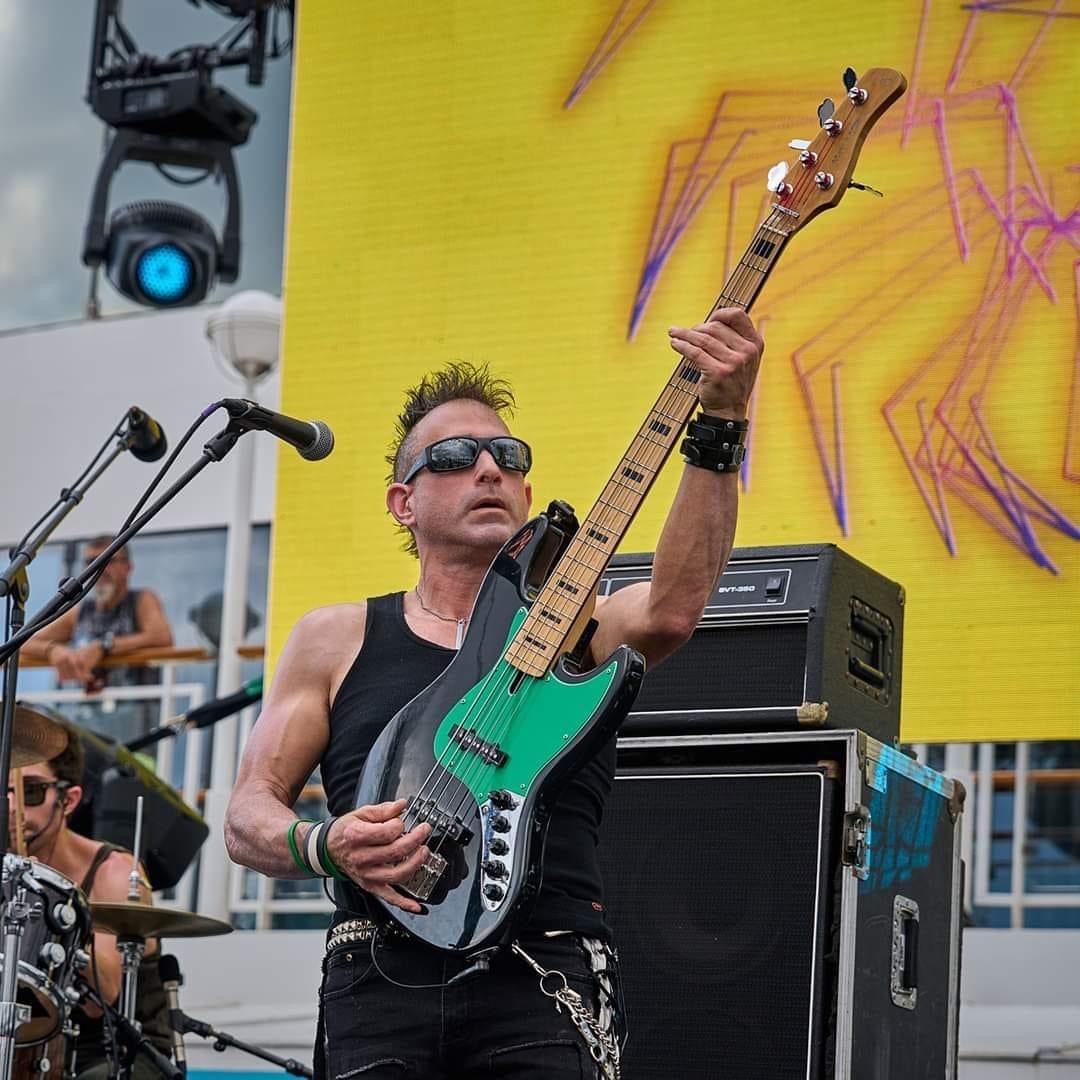We caught up with the brilliant and insightful Ben White a few weeks ago and have shared our conversation below.
Ben, so great to have you sharing your thoughts and wisdom with our readers and so let’s jump right into one of our favorite topics – empathy. We think a lack of empathy is at the heart of so many issues the world is struggling with and so our hope is to contribute to an environment that fosters the development of empathy. Along those lines, we’d love to hear your thoughts around where your empathy comes from?
I grew up the undiagnosed neurodivergent son of boomer scientists. My home was loving, my physical needs were always met. But my parents determined my path long before I had any say in it, and I learned early that if what I wanted aligned with their vision for my future it was well-supported.
But when it didn’t, what I wanted tended not to matter. It wasn’t necessarily derided, unless it was, but it was always very clear to me that much of what I wanted outside of my education was irrelevant, dangerous, expensive, or some combination thereof.
We all have a narrative about how we grew up, and mine was that it was ideal and perfect, far better than what my parents had experienced. Financially, it was; they’d grown up with very little in NYC, survived dysfunction, and through education and hard work, they achieved the American Dream; the home, the jobs, the cars, the kids.
Times being what they were, parenting was viewed and executed differently than it is today; I, like many my age, had little to no agency in the direction my life took. Within that framework, I learned to make sense of the world around me by a) assuming that in any situation, I was wrong/at fault/the cause and b) anticipating the needs of those around me. If I could be/provide what someone needed in a given moment, I was validated in being there.
Over the years, this skill got sharper and more refined. And while even a casual reader will easily see the problems inherent here, it came to inform my professional life.
As a bass player, my job is to provide the platform from which my artist can shine. This requires that I know their material, their show, and their performance style at a granular level. I need to be able to interpret their material at home and in rehearsal and present that material in the manner consistent with their brand and vibe. Most importantly, I need to be able to do that seamlessly; when an artist has delegated the responsibility of supporting their music to me, and entrusted me with making them shine, I have to earn their trust by showing that I implicitly understand them and what they do, with “implicitly” being the operative word.
This requires that I use and trust my instincts, which evolved under the conditions they did. Musically, I can learn whatever’s in front of me, but how I present it once I’ve learned it is governed by these instincts. My ability to learn the music comes from the deep love and reverence for music that I have, but my ability to support and elevate an artist is based equally in that love and in the empathy I had to learn as a kid.
Great, so let’s take a few minutes and cover your story. What should folks know about you and what you do?
I am a professional musician in Los Angeles. Most of my work is live performance and touring, I play bass and sing backing vocals with multiple artists spanning many disparate genres. I’ve played with jazz artist Mindi Abair for many years, recently began playing with Ryo Okumoto of Spock’s Beard (progressive rock), and over the last 30 years I’ve backed singer/songwriters across the country, country artists, contemporary and traditional jazz artists, metal bands, and a good deal of what you might find in between all of these.
In addition to bass, I play a Chapman Stick, a fascinating and beautiful instrument unfamiliar to many people. Like most bass players I also play guitar, and I’ve always pursued piano, but within and around my other musical obligations; I haven’t yet gotten professionally good at it, but I keep trying.
For years I worked on being the ideal sideman. To me, that meant being the most versatile, proficient, efficient player I could be, listening to a wide variety of music outside my professional obligations, amassing a collection of gear that could achieve the widest possible range of sounds from the least number of instruments and effects, and creating and pursuing opportunities with high-visibility artists and projects in whatever context/forum I found myself.
Of late, my focus has shifted, or more accurately widened. I still pursue these opportunities and comport myself professionally. But the importance of my own voice has become a top consideration for me, in other words not just the playing of bass but the specific ways in which I do it.
Growing up it was important to me to learn as many esoteric techniques and approaches as I could. As I moved into the professional realm, it became clear that what I could get paid to do included very little in the way of bass acrobatics. But everything ebbs and flows, and the current zeitgeist supports more individualistic players (MonoNeon, Thundercat, Henrik Linder), and I’ve been turning back and embracing more of the sheer joy of making sound and unconventional ways of playing the instrument, alongside the more traditional playing that pays my rent.
Within that, I’ve been creating music, some for a band called Superfluous that I and a couple of friends are getting off the ground, and a lot that may not have an obvious home just yet.
There is so much advice out there about all the different skills and qualities folks need to develop in order to succeed in today’s highly competitive environment and often it can feel overwhelming. So, if we had to break it down to just the three that matter most, which three skills or qualities would you focus on?
This one is a thinker.
First thing I’d say is a deep love for music. The music business is, frankly, brutal. A joke I’ve often made is that you need a thick skin, which naturally follows from bathing in the shards of a billion shattered dreams the way we must. There are many, many ways to make money, and most of them are easier and less painful, so you have to want to make MUSIC with no attachment to what it may bring to you; you have to do it for the joy of it, because sometimes that’s really all there is to get from it.
Secondly, I’d advise that someone achieve a basic understanding of music theory. It’s true that you don’t need it just to play, same way you don’t need to be able to read in order to be able to speak. But it’s a model for understanding music, and I can’t think of a situation where a better understanding of what you’re doing isn’t helpful. I’m not saying you need a music degree; but a basic understanding of notes and how they work together will make a difficult pursuit easier.
Lastly, BE A GOOD HANG. Can’t stress this enough. When I’m on the road, I usually play for 90 min a night, and that’s the easy part, the part I understand and for which I have practiced the most. The harder part is the other 22 1/2 hours of the day. I have been in projects where we’ve taken a “lesser” player who was easy to get along with over a “name-brand” player who wasn’t. Duff McKagan said in his second book “never miss an opportunity to keep your mouth shut” and I have yet to find more solid advice for success in the music business.
Awesome, really appreciate you opening up with us today and before we close maybe you can share a book recommendation with us. Has there been a book that’s been impactful in your growth and development?
Duff McKagan’s problematically titled second book “How To Be A Man (and Other Illusions)” is brilliant.
He perfectly states the single best piece of advice I’ve ever read or heard as regards success in the music industry:
“Never miss an opportunity to keep your mouth shut.”
This isn’t simply a restatement of Twain’s famous “better to be thought a fool” quote, though it encompasses that idea.
We all want to be heard, we all want people to know us in a nuanced way, to know who we really are and why we’re special. So we all sit in conversations waiting to speak, but not listening.We all know how good it feels to be heard. So think of how the people around you will feel when you simply allow them to be heard.
Also, we all get carried away sometimes, and deal with whatever blowback that follows; whether innocent like a little ribbing or a funny nickname, or harmful like cleaning up a mess when someone gets offended or hurt. The things you say or do will be remembered in whatever small or huge way they are, so it behooves you to curate what you do and say with an eye towards being an easy hang, not the funniest or craziest or most erudite or whatever. You may well be the smartest or strongest one on the bus; don’t rub it in anyone’s face.
Be clear and honest with yourself and ascertain whether what you want to say or do will elevate anything or not. Just like playing, wait for your opportunity to elevate the interaction and make it count; otherwise you step on toes and make everyone sound bad.
Contact Info:
- Website: benwhitemusic.com
- Instagram: @Channel71_v2
- Facebook: @SevenD1
- Youtube: @Area71Music
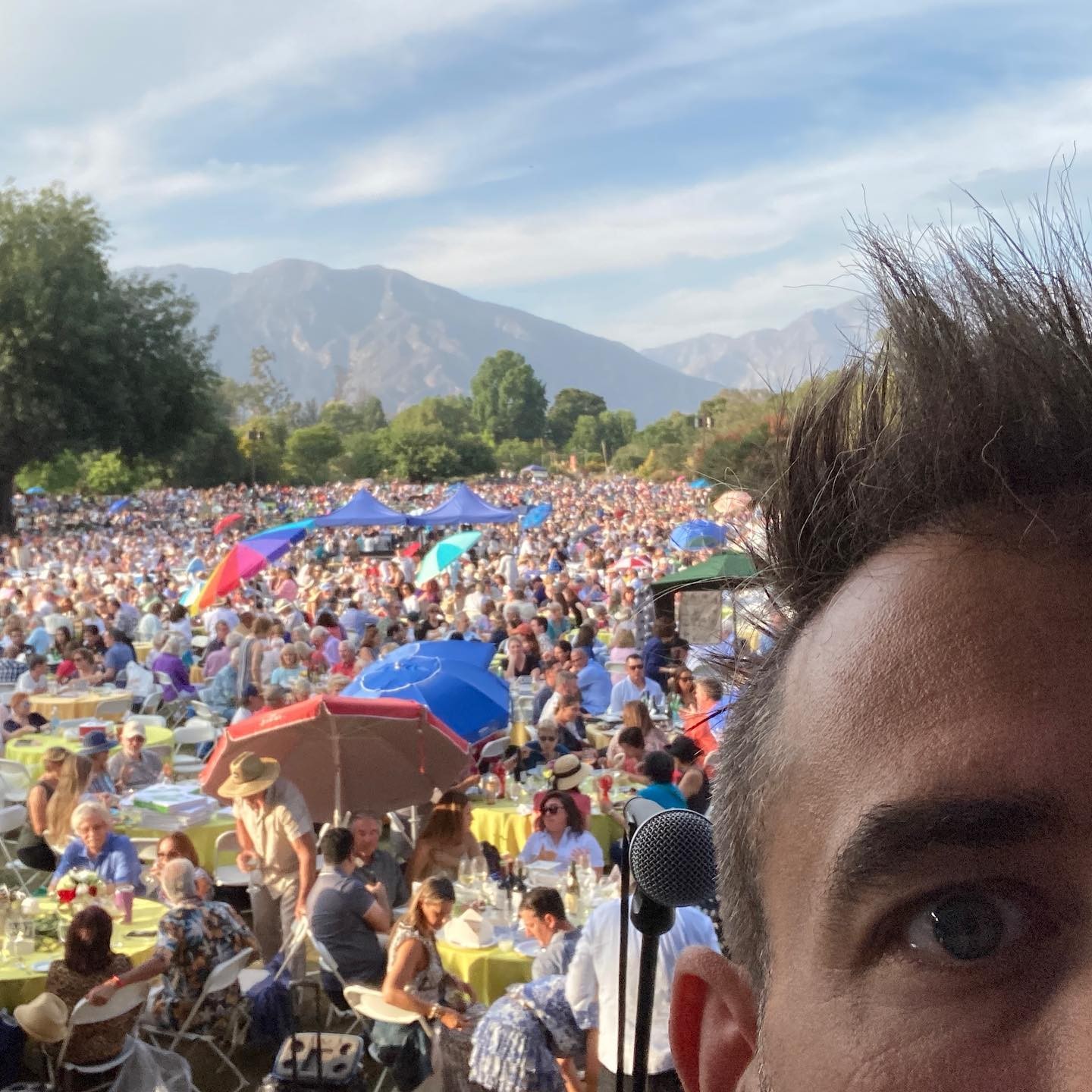
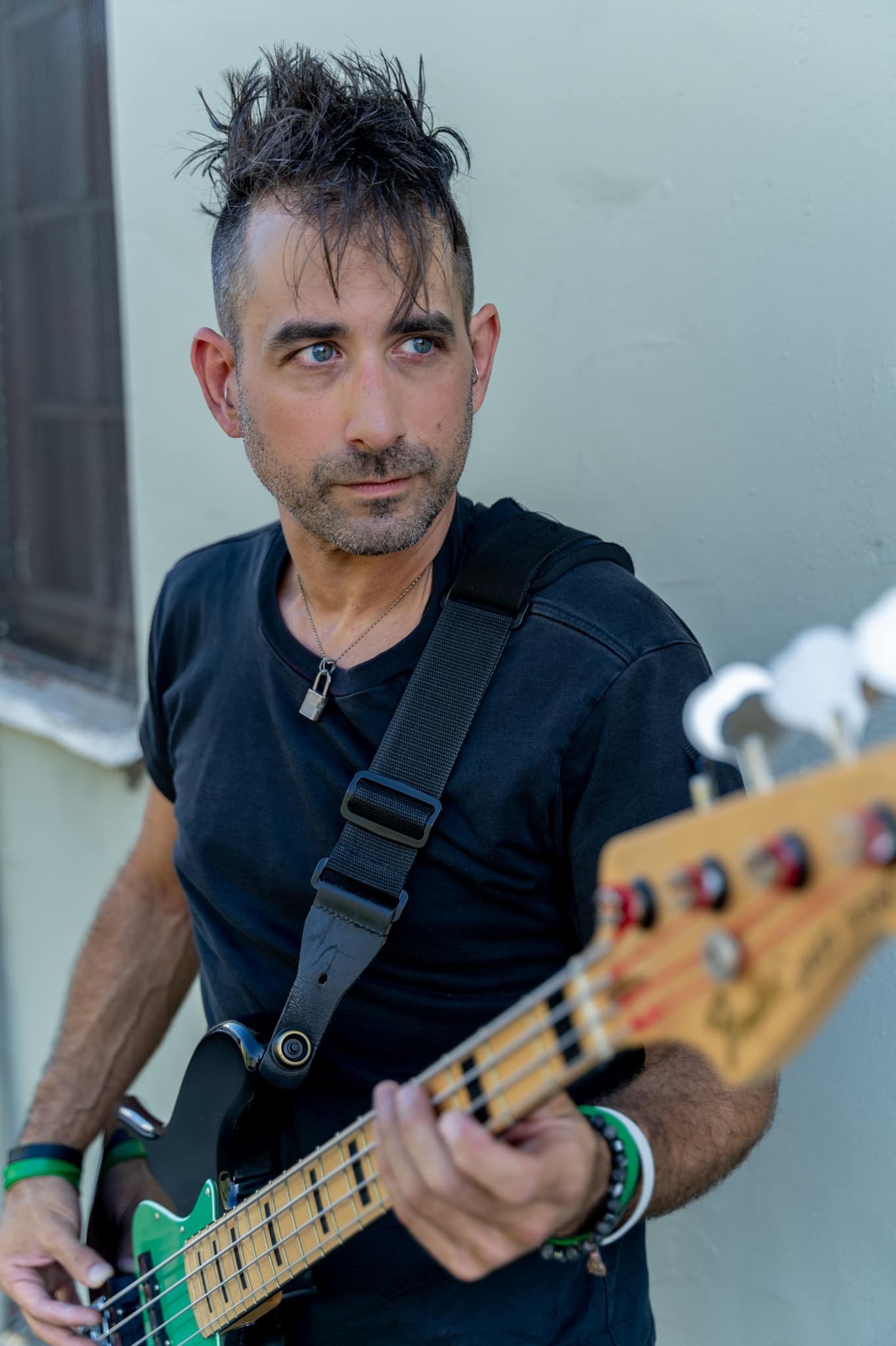
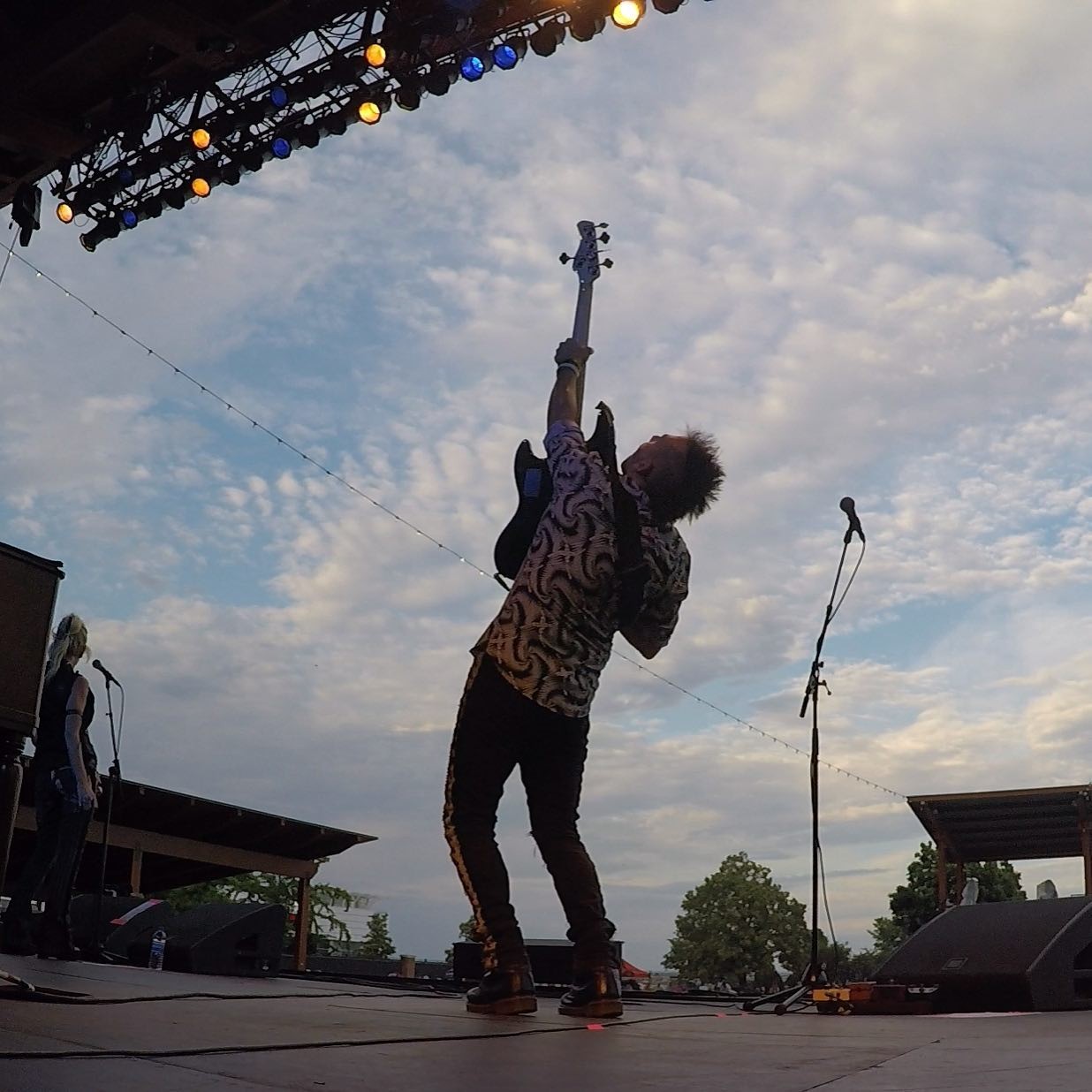
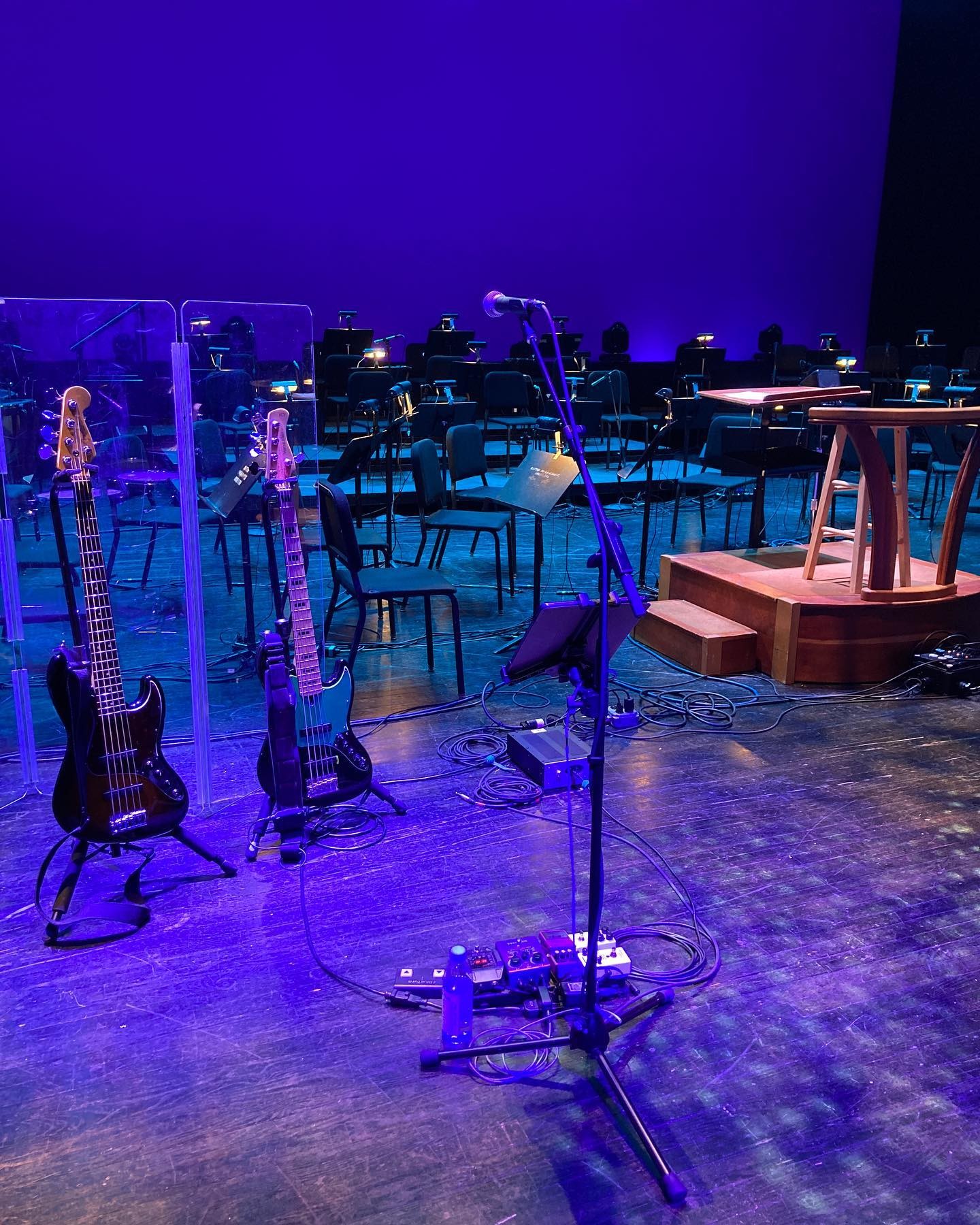
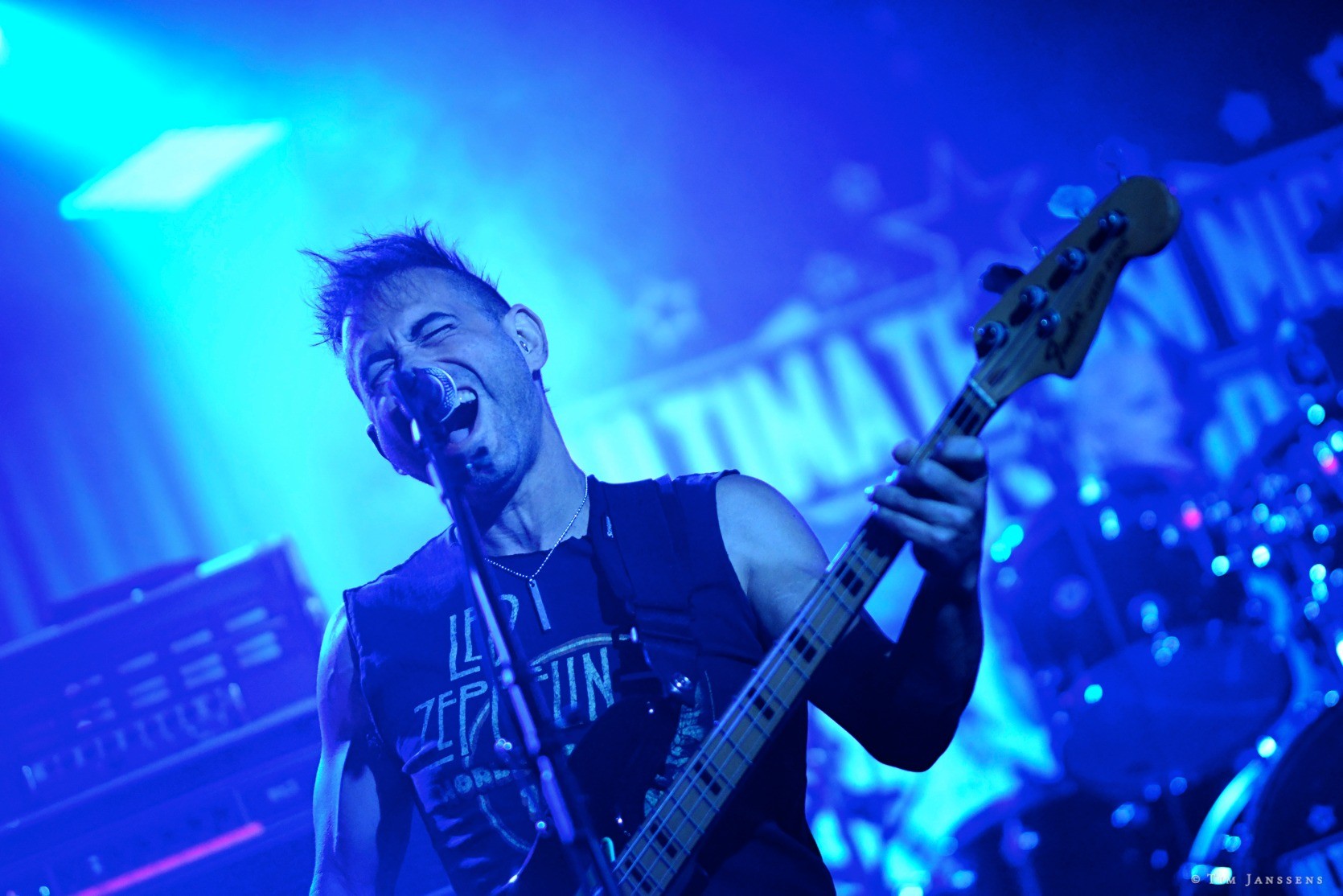

Image Credits
Joel Barrios, Ben White

